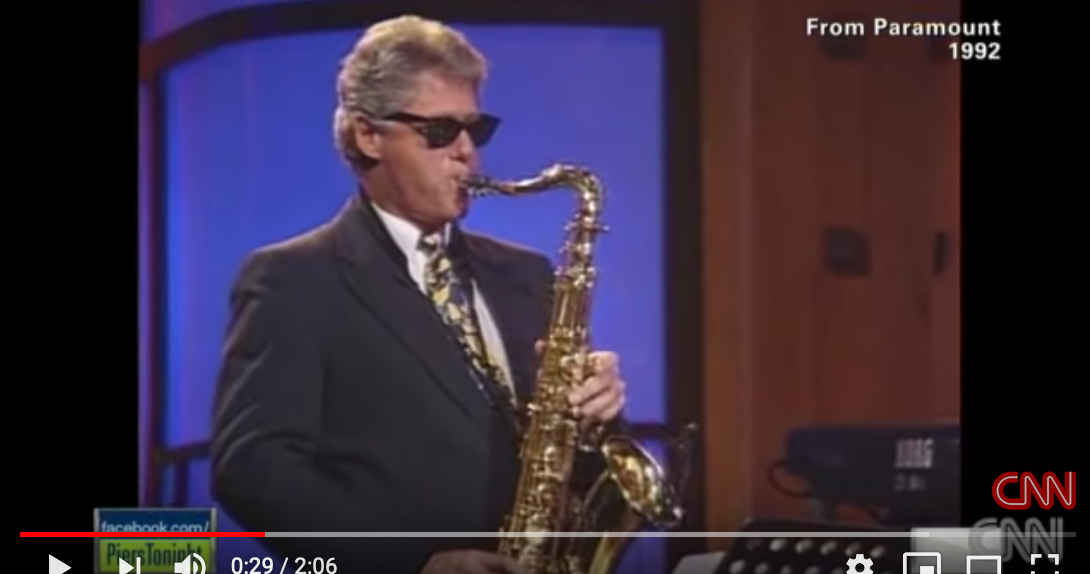
Having said all that, we need to ask what liberal democrats should do about it. For some time, many of them seemed to be immobilized by populistainment. Some of them still do. All of a sudden, a whole class of liberal politicians became passé, as if they belonged to la belle époque of post-Cold War liberalism. It is a paradox that liberal democrats, who present a certain seriousness about minority rights, political correctness, the division of powers, and so many other fundamental elements of the democratic system, are frequently perceived as inauthentic. Even more, populist politicians often accuse them of imposing political censorship, just because they tend to be more cautious in their rhetoric and deeds.
Our main argument is that liberal democrats cannot remain the same as before the current wave of populism and that this concerns also the way they communicate. Sure, there are many reasons to detest populistainment. But unless the liberals learn from their populist rivals, they will never be able to beat the populists.
One way to do it is to come up with a positive, issues-based campaign strategy, focused on positive ideas for the future. Some examples from our region, Central and Eastern Europe, might be helpful. Local liberal politicians in Warsaw, Budapest, Prague, and Bratislava have recently used some effective communication strategies. The initiative called the “Pact of Free Cities” signed by four mayors, Rafał Trzaskowski, Gergely Karácscony, Zdeněk Hřib, and Matúš Vallo, has became a platform not only for creating smarter and friendlier cities and supporting each other in applying for European Union funding, but also for reinventing liberal ideas for the 21st century.
Another way is to have the courage to speak of things that cause citizens’ discontent. Populists often win because they are not afraid to speak of people’s emotions: their frustrations, anger, and resentment. That liberals have been wrong to ignore these emotions is proven by their bitter defeats at the ballot box. It is time for liberals to take the lead in speaking about people’s emotions and to have the courage to translate their anger into creativity and their uncertainty into hope. Learning from populists does not have to mean forgetting about the core of liberal identity. Classic liberal thinkers like John Stuart Mill argued that the freedom of an individual ends where the freedom of another person begins. This rule remains unchanged, but it is not enough anymore to call populists names. Calling them fascists ceased to make any impression on many of the voters. In order to win, liberals have to adopt entertaining tools and at the same time bring back and protect the ideological core of liberal politics: pluralism, tolerance, community, and the rule of law.